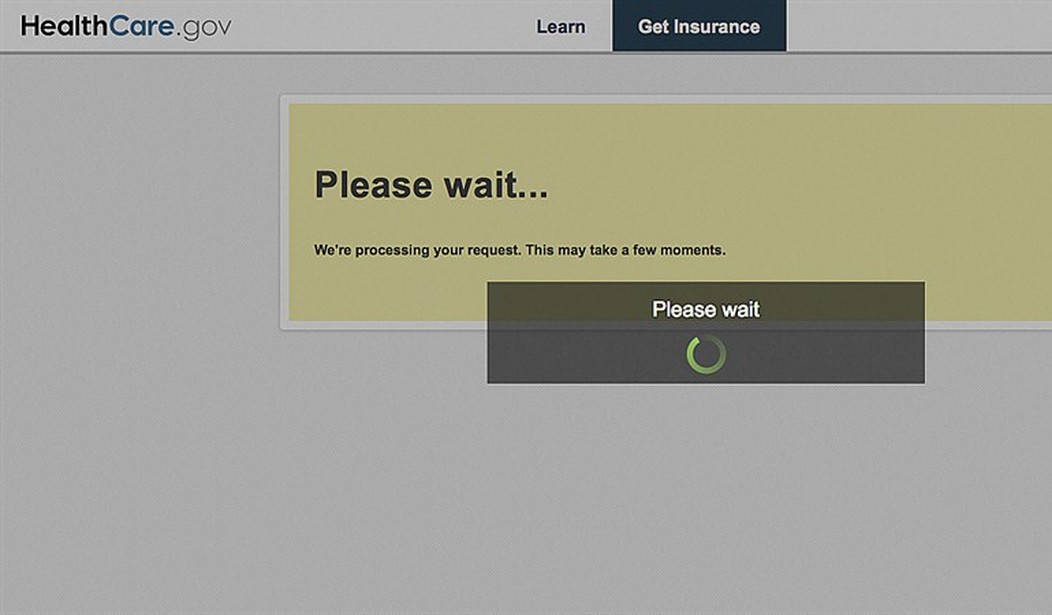Economist Arnold Kling developed and sold a start-up web company in the 1990s. Before that he worked at Freddie Mac and the Federal Reserve. He knows programming and he knows government. Below are four reasons he believes it is more likely that HealthCare.gov will never be fixed, then it is likely that it will be fixed by December 1:
1. The fundamental challenges may be very great. In the worst case, suppose that some of the legacy systems that the ACA web site has to access were built around 1975. Back then, in order to pull data out of such a system, you wrote a SAS program, put it into the queue of an IBM-370, waited for an operator to mount a data tape, and if all went well (no JCL errors, no logic errors in your SAS code), after a couple of hours you had a nice fat printout. Now, we want to be able to query those systems in real time, with perhaps hundreds of queries arriving at once...Hmmm, maybe not even hotshot web programmers wielding the latest methodological buzzwords can pull that off so easily
2. While the Suits talk about bugs or glitches, it looks to geeks as though the problem is design flaws. Those are very hard to fix, particularly in a system that is so large already. Everything about the existing design is there for a reason. It may not be a good reason, but if you “fix it” without understanding the reason, you could be in for a nasty surprise. I just don’t see how you fix design flaws in four weeks.
3. Everyone says that there was not sufficient time to test the system before putting it into operation. Between now and the end of November, it does not seem as though there is sufficient time to test any major changes to the system. If you redesign parts of the system, then you have to write a test plan that is appropriate for the new design. Four weeks may not even be enough time to write a good test plan, much less carry it out.
4. If it is still broken at the end of November, the chances increase that starting over is the fastest path to a working system. But starting over requires a stronger political consensus in favor of the policy that the system is supposed to implement. And we do not have that.
Recommended
And here are three reasons Kling believes Zients might get the job done on time:
1. We may be hearing overly dire descriptions of the state of the system. Anyone from the outside who looks at a system will think it cannot possibly work. I once worked with a CIO who said that one of his iron laws was that anyone new on a systems project would say, “The person who originally designed this system was an idiot.” 2. Jeff Zients, the new manager, put a stake in the ground for late November. If he thinks that it is unlikely, he is, if nothing else, taking big personal risk to his own reputation. 3. CMS, the agency that was in charge, is actually a pretty effective group. They also pulled off something similar in implementing the Medicare prescription drug plan. It is plausible that they anticipated the major problems, and only minor fixes are now needed.You can read Kling's full analysis here
.

























Join the conversation as a VIP Member